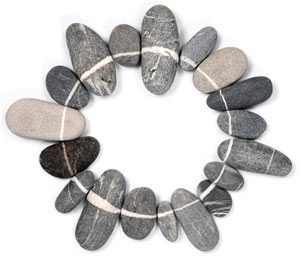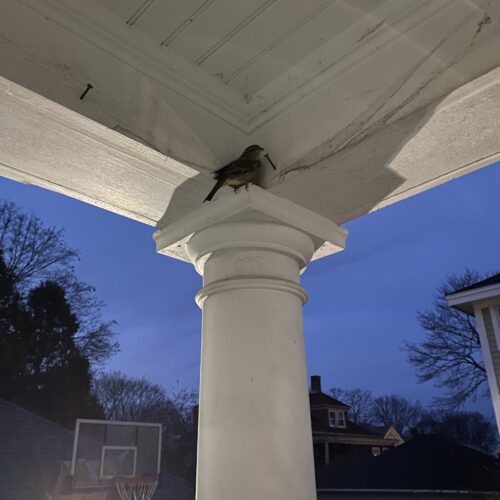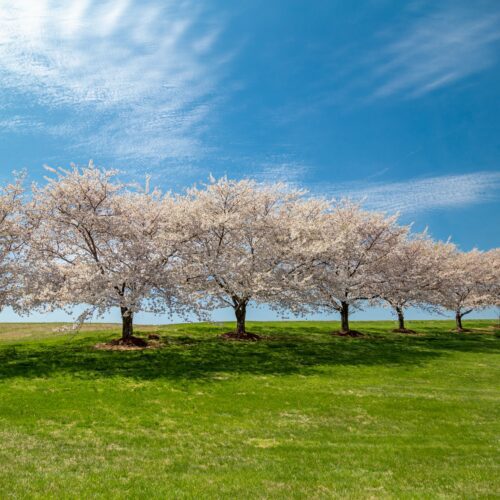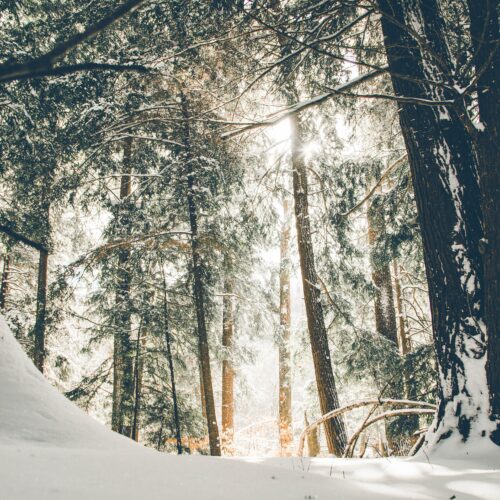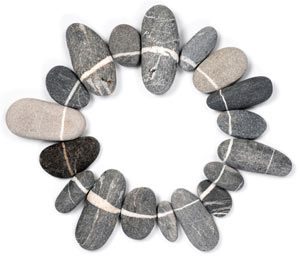 I recently spent some time on a coastal island in Maine. It was off-season, mid-week, and nothing fancy. I got the impression I was the only one who didn’t live full-time on the island, and I felt more like a quiet observer than a tourist as a result.
I recently spent some time on a coastal island in Maine. It was off-season, mid-week, and nothing fancy. I got the impression I was the only one who didn’t live full-time on the island, and I felt more like a quiet observer than a tourist as a result.
This was the sort of island whose economy naturally centered on the tides and ocean around it. I watched the fishing boats head out into the early morning fog, with traps being set, checked, and hauled. It seemed like hard and solitary work, but when I thought about it a bit more, I realized the reverence these people had for the sea—her fickle moods, her every-changing channels, and her power to both create and weather constant storms—was their constant companion.
Having married a potato farmer’s son from Northern Maine whose parents scraped a living from the soil year after year, I had heard stories about working with the rhythms of nature to appreciate how hard it can be. And having lived in Maine for over twenty-five years and visited island communities like this before, this wasn’t an entirely new revelation about working in concert with the natural world.
But something about 2020 has radically altered my relationship to time, it seems—it feels disorienting, uncertain, and not reliable, like one of those cartoon clocks where the dials spin around and around senselessly. Unlike the soil and the seasons of the earth that my husband’s family relied upon, my time on the island reminded me of the water that surrounds and shapes our land, and how her clock cannot be contained or managed by us, no matter how hard we try. The water will always find her way forward and down, in her own way, in her own time. It’s her nature. Maybe someday soon our oceans will help us to remember just how fluid the nature of time is. And we will be the wiser for it, taking her lead.
Want to know what these daily verses are all about? Read here to learn what inspired this practice on my birthday post, November 1st.

